Digital financial assets are a blockchain-based alternative investment attraction tool for businesses and a new potentially interesting asset for investors in Russia.
The technology allows one or more of the following types of rights to be included in the DFA:
- the right to receive a sum of money from the issuer. The timing and amount of repayments could also be made dependent on a number of factors (e.g., changes in commodity prices), but this would significantly limit the range of investors to whom DFAs would be offered;
- the possibility of exercising rights on the equity securities of a non-public joint-stock company (such rights are granted to the investor in accordance with the decision on the issue of securities);
- the right to a share in the capital of a non-public joint-stock company;
- the right to demand from the liable party to transfer the designated range of equity securities of a non-public joint-stock company.
In fact, this kind of asset is a digital record of these types of rights. The creation of hybrid digital rights is also permitted: such an instrument may contain the above rights and, for example, involve the physical transfer of a good.
The DFA have a certain potential for development due to lower issue costs, high speed of placement, and the possibility to endow the asset with functionality different from classical instruments.
The DFA are issuanced through an information system operator ("ISO"). The ISO may independently determine certain terms of cooperation with the issuer (e.g., to operate on the basis of commercial debt as a VTB Factoring).
The DFA issuance procedure is similar to the procedure for tokenizing assets:
- Determining the type and extent of the rights to be included in the asset.
- Preparation of a package of documents, including the financial model of the project, the decision to issue the DFA.
- Selection of ISO.
- Placement of the issue decision on the websites of the ISO and the issuer.
- Collection of investor applications and issuance of DFA.
One of the most significant documents for the issuance, sale of a DFA is the issuance decision. Based on it, the investor assesses the attractiveness of the investment asset. Only this document contains the terms and conditions of acquisition and ownership with respect to a particular DFA. From the decision, the investor will be able to understand what rights and to what extent they are granted, how they can potentially protect them, how the amount of payments is calculated, etc.
Given the rapid development of the digital market and the emergence of new financial instruments, legal support for the issuance of DFA plays a crucial role in ensuring regulatory compliance and legal protection for all parties (both the issuer and the investor).
The role of legal support is as follows:
- analyzing the client's ability to issue assets in accordance with the applicable law;
- development of a scheme for organizing the attraction of funds into client's projects with the help of DFA and assessment of its tax efficiency;
- preparation of a package of documents for the issuance;
- interaction with the regulator;
- interaction with ISO, including support in the negotiation process;
- providing written and oral consultations on other issues of interest to the client.
For support of the DFA issuance, you can contact GMT Legal's lawyers, who provide a full range of support services. We will tell you how to use the instrument most efficiently within the current laws, what investors you will be able to offer it to, as well as minimize all the risks arising in the issuance process.

